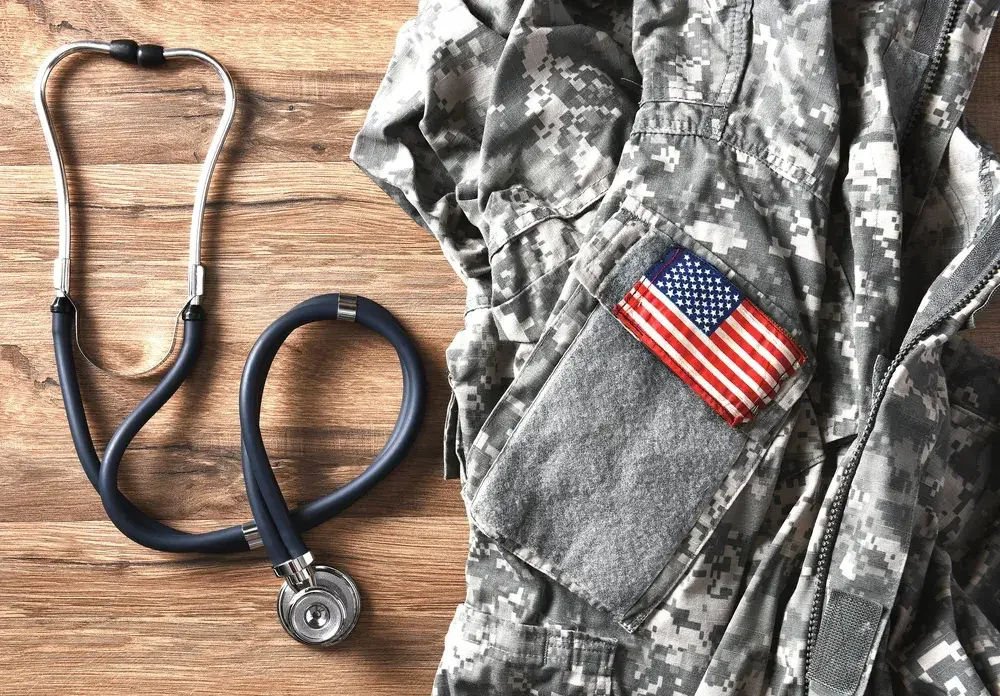
Long-term care for elderly or disabled people is expensive, and many families struggle to afford assisted living or a paid caregiver. But if the person needing care served in the U.S. military, he or she may be eligible for little-known benefits that can ease the financial stress on the whole family. Benefits are also available for surviving spouses of former service members.
The financial consequences of long-term care
As people age—or if they have disabilities—it becomes harder to perform basic everyday tasks that used to come easily. Someone who was once robust and athletic may need help bathing, dressing, or preparing meals. Families who can't provide this care themselves may look to assisted living, a nursing home, or an in-home caregiver, but these services are expensive—and mostly not covered by Medicare. This can leave elderly and disabled people without the help they need or strain the lives and finances of children and other family members.
If the person who needs help served for as little as 90 days in any branch of the armed forces, Veterans Administration benefits may ease the burden of providing and paying for long-term care.
VA pension
Wartime veterans who served at least 90 days' active duty service (with at least one day in a wartime period) may qualify for a VA pension if they also meet one of the following criteria:
- Age 65 or older
- Totally and permanently disabled
- Living in a nursing home receiving skilled nursing care
- Receiving Social Security Disability (SSDI)
- Receiving Supplemental Security Income (SSI)
To be eligible for a VA pension (or for the Aid & Attendance benefit, please see below), the veteran must have served at least 90 days of active duty, with at least one day during wartime. (If the service was after September 7, 1980, longer time periods apply.) The veteran also must not have been dishonorably discharged. Finally, the veteran or surviving spouse's income must be below a certain threshold.
Aid & Attendance
In addition to a pension, veterans may also qualify for the Aid & Attendance benefit. Aid & Attendance provides money to veterans and their surviving spouses who need help performing daily activities such as bathing, dressing, and using the bathroom. It is also available to people who are blind, bedridden or confined to a nursing home. The need for care does not have to be connected to any service-related injury.
Aid & Attendance can help pay for assisted living or nursing home care. If a permanent disability restricts you to your home, you may qualify for a housebound allowance to pay for someone to come to your home and care for you.
The amount of the Aid & Attendance benefit will depend on your annual income, which includes Social Security and any pensions, minus the amounts you spend each year for medical care, including in-home care and assisted living costs.
VA disability compensation
If you have a disability-related to your military service, you may be eligible for VA disability compensation, but you must apply for it. The VA assigns ratings to different types of disabilities: the higher your rating, the more money you may receive.
Applying and Getting Help
You must apply for these benefits through the VA, and the application process can be complicated and confusing. In fact, the VA recommends that you work with a Recognized Veterans Service Organization whose accredited representatives will help you with your application free of charge. You can also hire a lawyer who has experience with VA benefits.
If you or a family member is struggling with daily needs, veterans' benefits can be a financial lifeline. Contact your nearest VA regional office to learn more and find out if you qualify.

